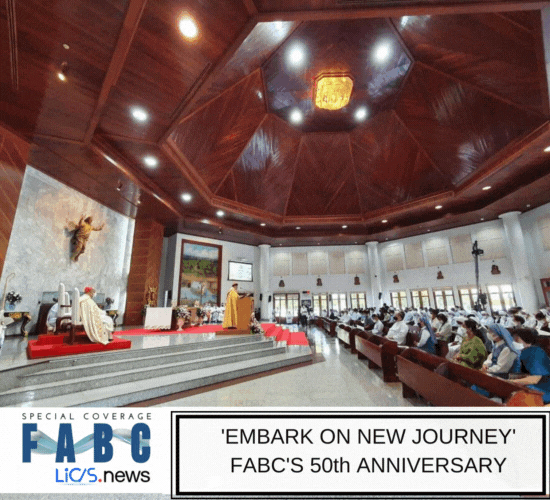What is vocation?
Vocation refers to a person’s calling or sense of purpose in life, particularly in relation to their occupation or career. It goes beyond simply choosing a job for financial stability or societal expectations and focuses on finding work that aligns with one’s passions, values, and personal fulfillment. Vocation is often associated with a deep sense of meaning and satisfaction derived from engaging in work that is personally meaningful and contributes to the well-being of others or the world at large. It is about finding a profession that resonates with an individual’s talents, interests, and values, and allows them to make a positive impact while finding personal fulfillment.
How do I encourage vocation to priesthood?
Encouraging a vocation to the priesthood is a personal and spiritual journey for individuals, but there are some steps you can take to support and encourage someone who may be considering a calling to the priesthood:
- Open and Supportive Communication: Create an environment where open conversations about faith, spirituality, and vocations are welcome. Encourage the individual to share their thoughts, doubts, and aspirations regarding the priesthood without judgment or pressure.
- Provide Information and Resources: Help the person gather information about the priesthood, such as books, articles, websites, and personal testimonies of priests. Offer them opportunities to attend retreats, conferences, or events where they can learn more about the vocation and interact with priests and seminarians.
- Encourage Prayer and Spiritual Guidance: Prayer is an essential aspect of discerning a vocation. Encourage the individual to pray, seek spiritual guidance from a trusted priest or spiritual director, and participate in religious activities that deepen their faith.
- Offer Exposure to Priestly Life: Facilitate opportunities for the person to experience the daily life of priests. This could include attending Mass together, visiting a seminary or monastery, or connecting them with priests who can share their experiences and insights.
- Encourage Service and Leadership: Encourage the person to actively engage in their faith community by participating in ministries, volunteering, and taking on leadership roles. These experiences can provide valuable insights into the joys and challenges of serving others and can help clarify their vocational calling.
- Patience and Support: Discerning a vocation takes time and personal reflection. Be patient and understanding throughout the process, respecting the individual’s journey and decisions, even if they decide that the priesthood is not their calling.
Remember, the decision to pursue priesthood ultimately rests with the individual. Your role is to provide support, guidance, and encouragement while respecting their autonomy and personal discernment process.
What about specifically for catholic priests?
Encouraging a vocation to become a Catholic priest involves some additional steps that are specific to the Catholic Church. Here are some suggestions:
- Foster a Strong Catholic Faith: Help the person deepen their understanding and practice of the Catholic faith. Encourage regular participation in Mass, reception of the sacraments, and engagement with Catholic teachings and traditions.
- Introduce Them to the Priesthood: Arrange opportunities for the person to interact with priests, both diocesan and religious order priests. Encourage them to attend vocations events, retreats, or conferences where they can learn more about the life of a priest and engage in discussions with priests.
- Connect with Vocations Directors: Each diocese has a vocations director who can provide guidance and support in the discernment process. Encourage the individual to reach out to the vocations director, who can offer insights, answer questions, and provide resources specific to the diocese.
- Recommend Seminary Visit: Encourage the person to visit a seminary, where they can experience the formation and education process for priests. Seminary visits can provide a firsthand understanding of the academic, spiritual, and communal aspects of priestly formation.
- Emphasize Discernment and Spiritual Direction: Encourage the individual to seek a spiritual director, preferably a priest, who can accompany them in their discernment process. A spiritual director can offer guidance, provide a space for reflection, and help discern God’s will.
- Supportive Parish Community: Involve the person in a supportive parish community where they can find mentors, role models, and a sense of belonging. A welcoming and vibrant parish community can provide the necessary support and encouragement for someone discerning a vocation to the priesthood.
- Pray for Vocations: Dedicate time during Mass or personal prayers to pray for vocations to the priesthood. A strong prayerful support for vocations can create an environment conducive to nurturing and encouraging those considering the priesthood.
It is important to note that the discernment process for the Catholic priesthood involves specific requirements and steps set by each diocese or religious order. Encourage the individual to consult with the appropriate authorities and follow the guidelines provided by their local Church leadership.







